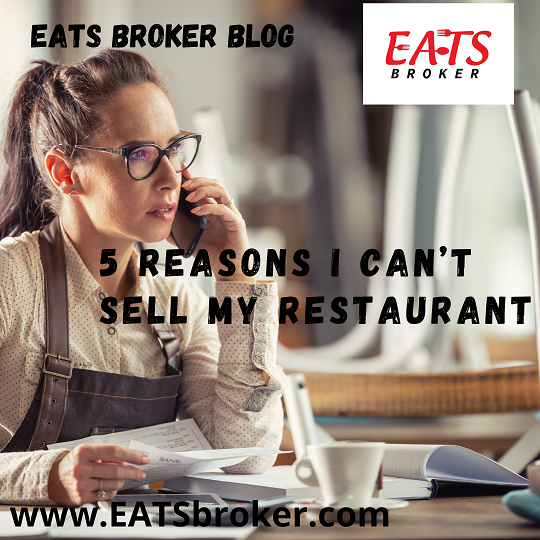
5 Reason’s I can’t sell my Restaurant.
EATS Broker are involved with multiple Professional Organizations that are created to educate Restaurant Business Brokers. I recently attended a Georgia Association of Business Brokers

EATS Broker are involved with multiple Professional Organizations that are created to educate Restaurant Business Brokers. I recently attended a Georgia Association of Business Brokers
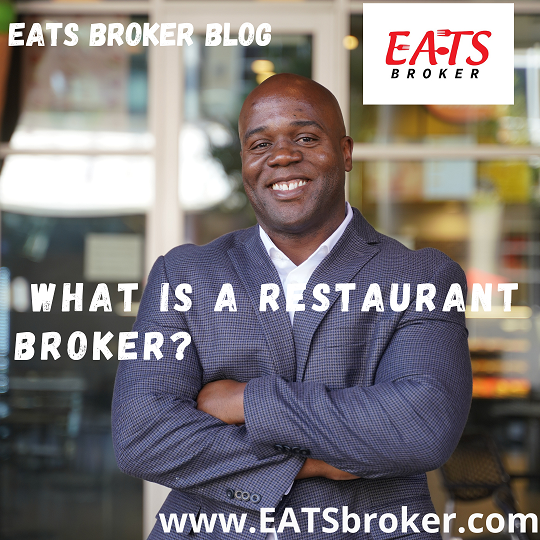
People ask me all the time What is a Restaurant Broker? Restaurant Brokers are specialists trained to facilitate a restaurant transaction between sellers and buyers.
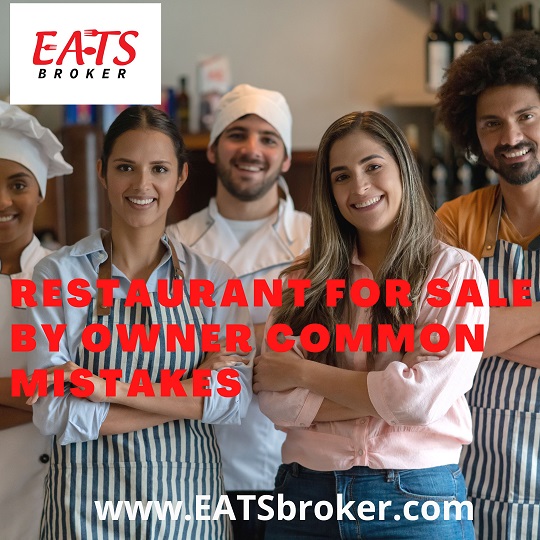
Restaurant For Sale By Owner common mistakes are diverse and wide. A common question I receive monthly as a Restaurant Broker is, “Why list with a
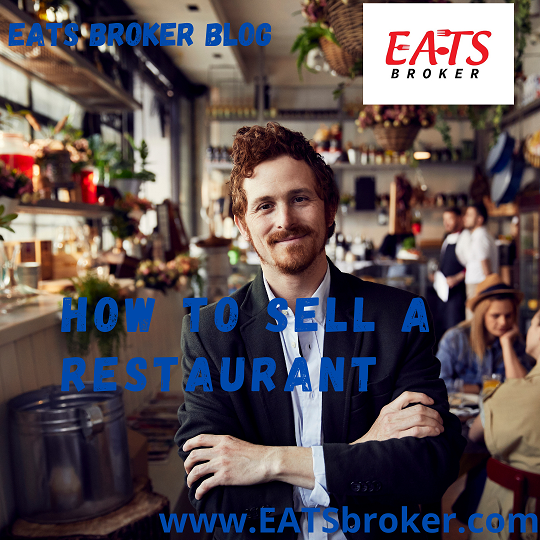
Many restaurant owners get into the business thinking only about operating a restaurant but never an exit strategy to sell a restaurant. Getting out of
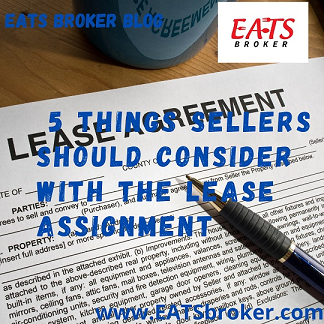
5 Things Sellers should consider with the lease assignment: The best day of a Restaurant owner’s life in the business world is usually when they

© Copyright 2025 EATS Broker | Consumer Protection Notice | Information About Brokerage Services